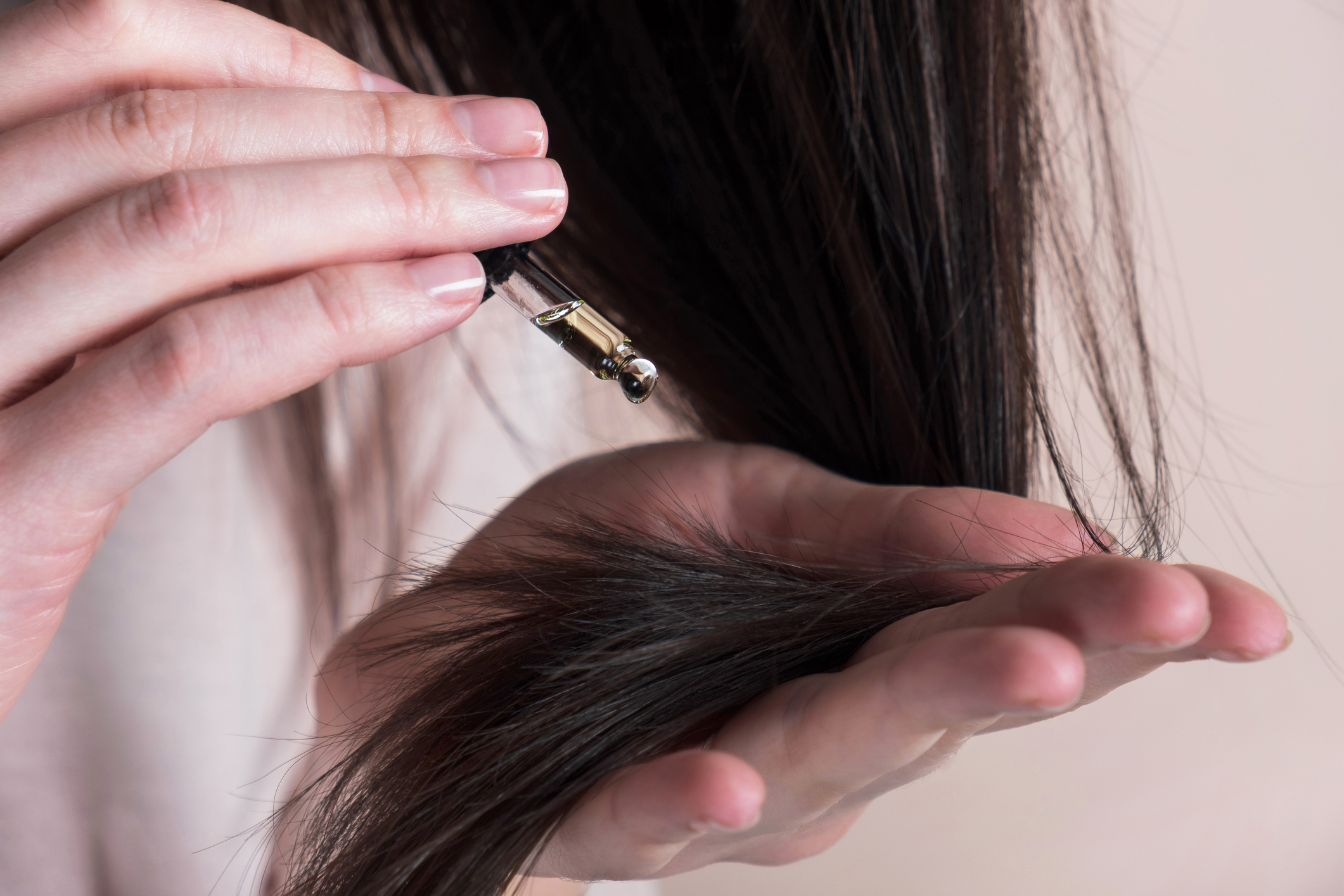
Essential oils have been used for nearly 6,000 years — intended for therapeutic, hygienic, and spiritual purposes — and remain quite popular today. Claims for their benefits range from stress and pain relief to insomnia and psoriasis treatment, with the global market expected to reach $14.1 billion until 2026
But each vial of extract has a limited shelf life that consumers should keep in mind.
Can essential oils go bad?
Essential oils are concentrated extracts made by steaming or pressing the roots, leaves, seeds or flowers of various plants. Producing one bottle of essential oil can require large amounts from one plant.
“Everything naturally degrades – food, wine, plant extracts, plant oils and essential oils” says Robert Tisserand, aromatherapy expert and founder of the Tisserand Institute, an online educational portal for the safe use of essential oils. Like fruits, essential oils oxidizemeaning the components of the oil change chemically when exposed to oxygen, he adds.
In addition to oxygen, exposure to light, heat, moisture and microorganisms can also cause oils to break down and spoil, says Elizabeth Anderson, director of science communication at Michigan State University’s Ingredient Safety Research Center.
How long do essential oils last?
On average, essential oils can last about two years when stored properly. However, they have unique properties and components that affect their lifespan, so it usually varies between different oils and manufacturers, Anderson says.
Since the shelf life can be anywhere from one year to several years, Tisserand suggests “starting the clock” from the moment the essential oil is purchased.
“Those that break down the fastest are the ‘light’ essential oils such as citrus, coniferous, eucalyptus and frankincense, [about] one to two years,” Tisserand says. “These oils are made up of the smallest molecules. Those that last the longest are the ‘heavy’ oils like sandalwood, patchouli and vetiver, about five years.”
Most other oils last about two to three years, he adds.
Recognize the signs of a leak
Tisseran says it’s not always easy to tell when a bottle of oil has expired because it happens gradually.
As with most products, you should use your senses to determine if an essential oil has gone bad, Anderson says. “If an essential oil changes viscosity, develops an undesirable odor, appears cloudy or cloudy, or changes its state in any undesirable way, you should not use it,” she adds.
Read more: Is expired milk safe to drink? Here’s how to know when to throw away food
Using expired essential oils is not recommended as it may lead to adverse results. “If the oil has gone rancid due to oxidation, it can just smell bad,” says Anderson. “However, if it becomes damaged by a microorganism, it can cause harm if it gets into a wound.”
Let me take a look the safety of essential oils and even more, botanicals, the National Institute of Environmental Health Sciences has joined forces with the US Food and Drug Administration and the nonprofit Institute of Health and Environmental Sciences to create the Consortium for Botanical Safety. Research is underway on the potential health effects of short-term and long-term exposure to plant products, including essential oils.
Read more: Essential oils can affect your memory and reaction time
How to store essential oils
Knowing how to store essential oils is a must to protect their composition and prevent them from spoiling. For example, don’t leave bottles in the car. Heat promotes oxidation, Tisserand says.
It’s best to store essential oils in cool, dry, temperature-controlled places away from direct sunlight, Anderson says. Storing essential oils in bottles that can filter out ultraviolet (UV) light will also preserve their life, she adds.
“Essential oils should always be in amber glass bottles,” Tisserand says. “Blue glass is not so good, and green is even less useful.”
Preservation of essential oils
Amber glass provides protection from UV lighttherefore, it is preferred for light-sensitive products such as essential oils, pharmaceuticals, and certain food and cosmetic products.
Be sure to keep the lid on tightly, not only to avoid spills, but also to reduce its exposure to air. “When you open a bottle, don’t leave the cap on longer than necessary,” says Tisserand. “The more air there is in the bottle, the faster the oil will oxidize.”
You can store essential oils in a small, dedicated refrigerator to preserve the oil, Tisserand says. And if they’re in the fridge, you don’t have to worry about exposure to sunlight, he adds.
“Also, not touching the oils directly with your hands can help protect against microorganisms that can further accelerate deterioration,” says Anderson.
In general, anyone can increase the lifespan of essential oils as long as they are used and stored correctly.
Read more: What science says about the potential healing effects of essential oils

